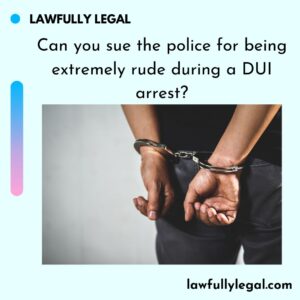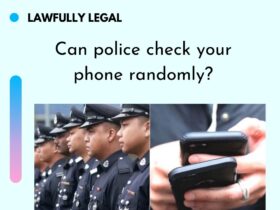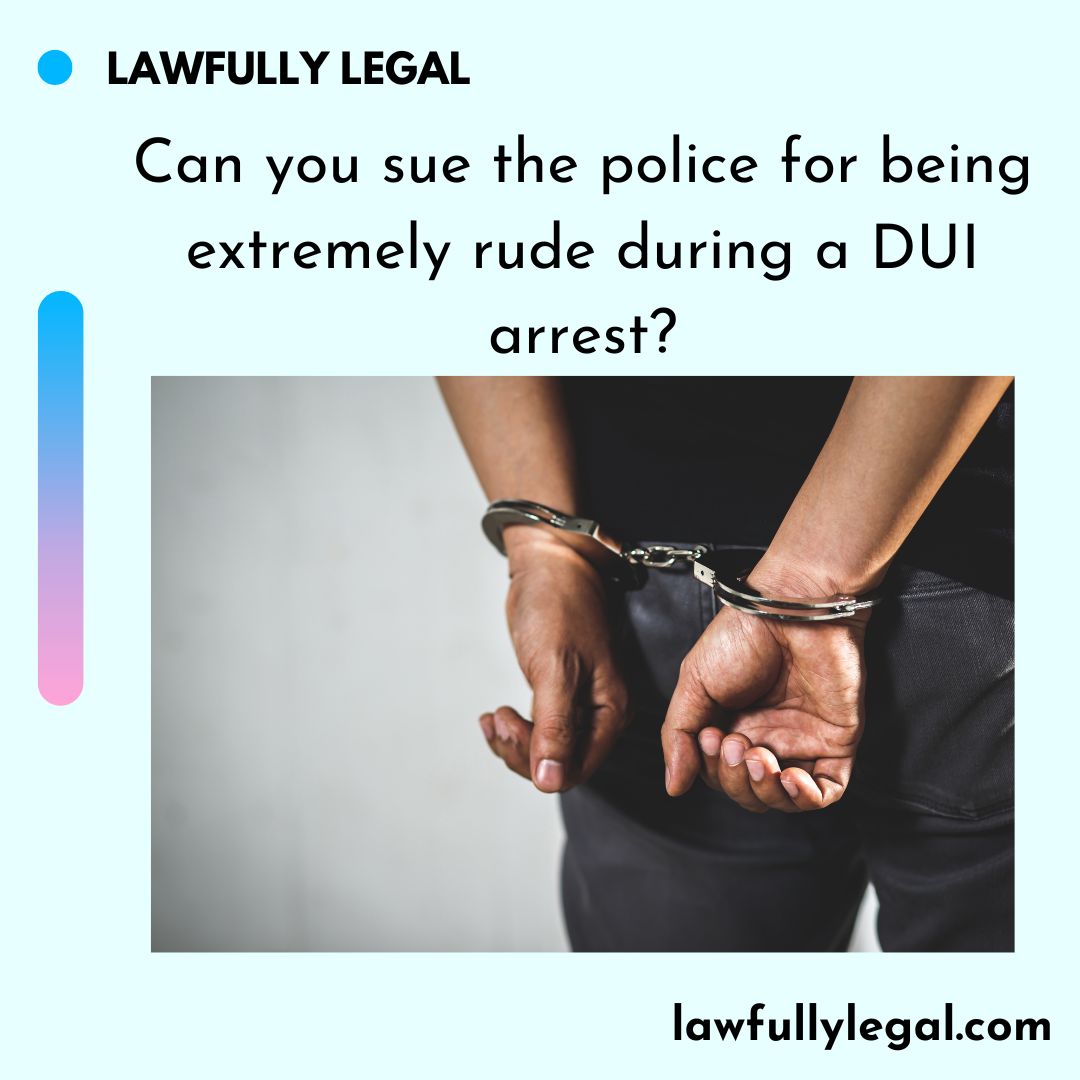
Being arrested for a DUI can be a stressful and humiliating experience, even if you are innocent. If the police officer who arrested you was also rude and disrespectful, you may be wondering if you can sue them for emotional distress.
The answer is, it depends. In order to win a lawsuit against a police officer for emotional distress, you must prove that the officer’s conduct was extreme and outrageous. This means that the officer’s conduct must have been so outrageous that it would have caused a reasonable person to suffer severe emotional distress.
In the context of a DUI arrest, rude and disrespectful conduct by the police officer may not be enough to meet the standard for extreme and outrageous conduct. For example, if the officer simply yelled at you or called you names, this may not be enough to establish a claim for emotional distress. However, if the officer’s conduct was more extreme, such as threatening you or making physical contact with you, then you may have a claim.
Ultimately, the question of whether or not you can sue the police for being extremely rude during a DUI arrest will depend on the specific facts of your case. If you believe that the officer’s conduct was extreme and outrageous, you should speak to an attorney to discuss your legal options.
Here are some factors that the court will consider when determining whether or not the police officer’s conduct was extreme and outrageous:
- The nature of the officer’s conduct.
- The extent to which the officer’s conduct was intended to cause emotional distress.
- The extent to which the officer’s conduct actually caused emotional distress.
- The officer’s position of power.
- The plaintiff’s vulnerability.
If you are considering suing the police for emotional distress, it is important to speak to an attorney as soon as possible. The attorney can help you assess your case and determine whether or not you have a viable claim.
Here are some additional tips for suing the police for emotional distress:
- Keep a record of all of the relevant events, including the date, time, and location of the incident, as well as the names of any witnesses.
- Document any injuries you sustained, both physical and emotional.
- Seek medical attention for any injuries you sustained.
- Keep a journal of your emotional state, including any feelings of fear, anxiety, or depression.
- Speak to an attorney as soon as possible.
Suing the police for emotional distress can be a difficult and complex process, but it is possible to obtain justice if you have been wronged. If you believe that you have a claim, you should speak to an attorney to discuss your legal options.










Leave a Reply
View Comments